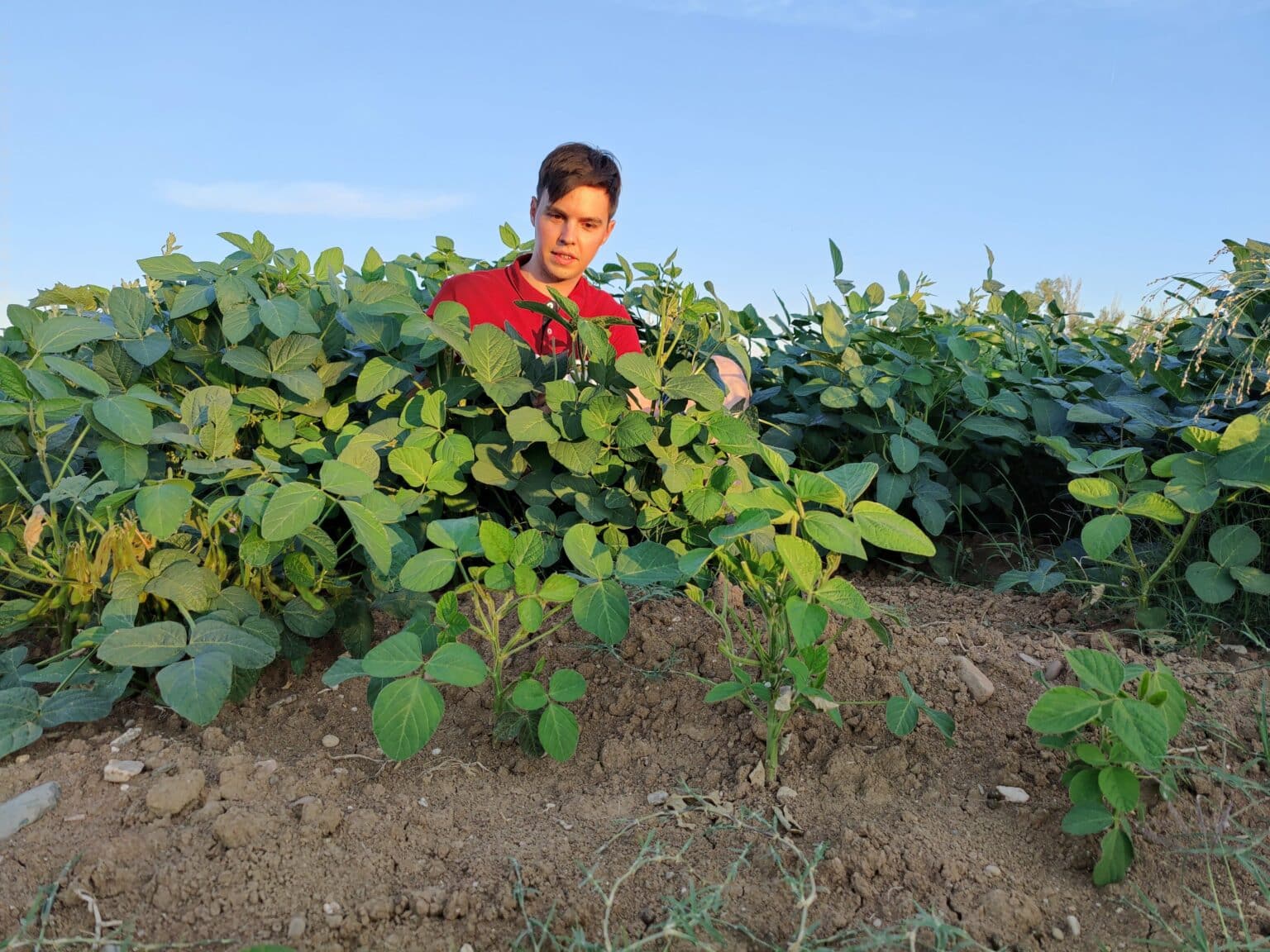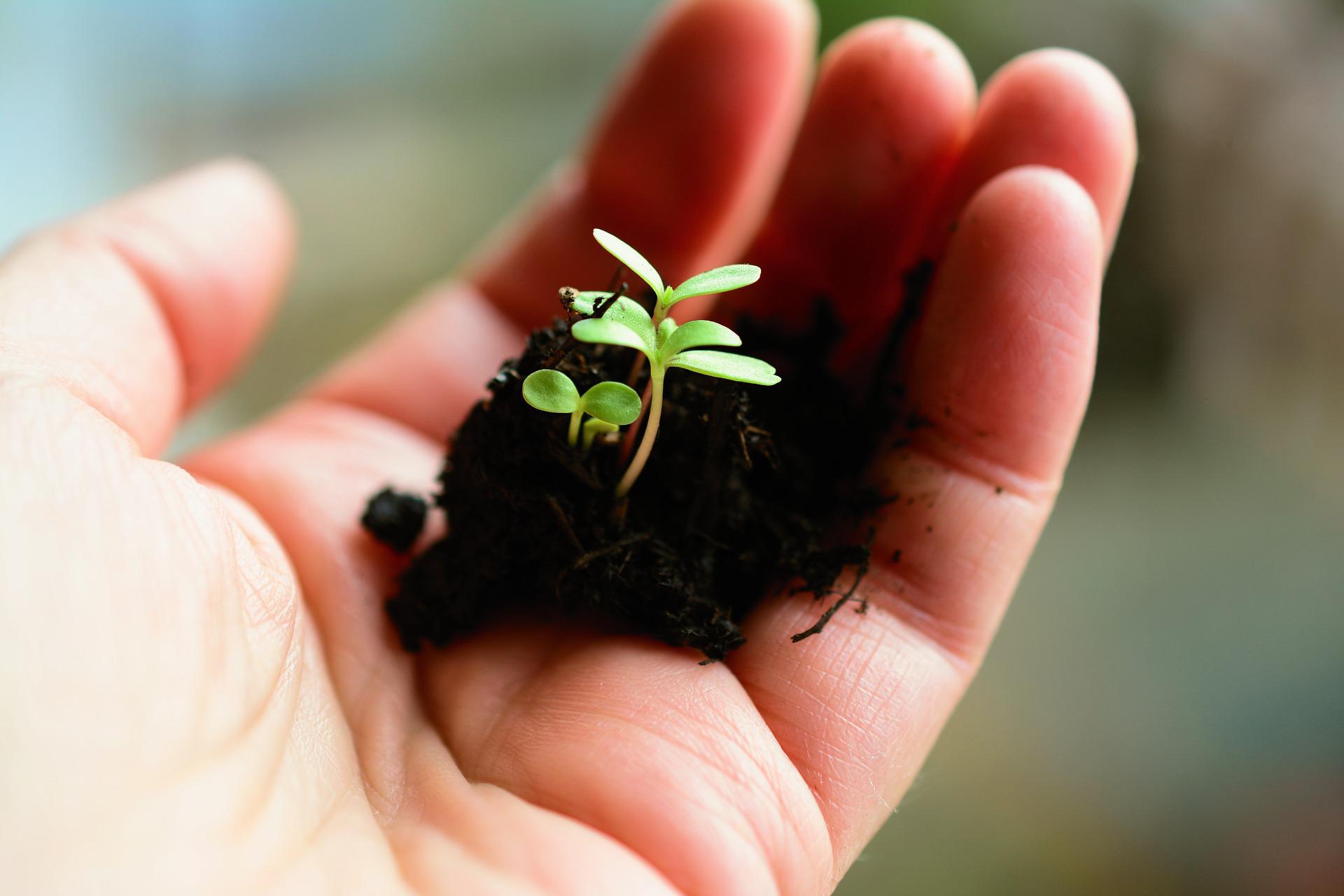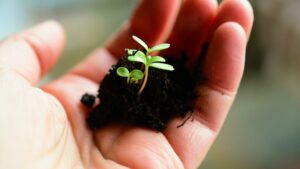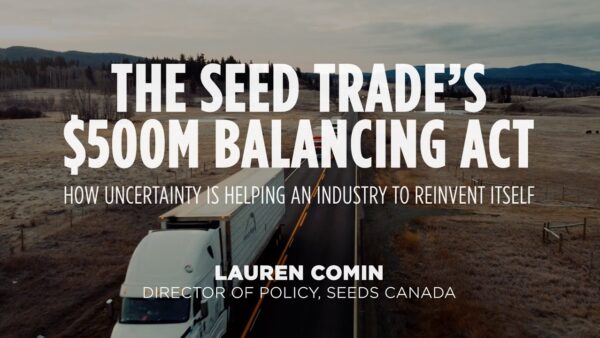How to Facilitate Research Uptake by the Private Seed and Plant Breeding Sector.
Plant breeding has a long history of R&I
Better, high-quality plant varieties are the starting point of all food production, but also the starting point for non-food renewable raw materials and energy. They play a pivotal role in supporting the sustainability of Europe’s farms and the entire agri-food value chain as input for the bioeconomy.
Plant breeding involves the process by which new technologies and findings from plant sciences and other research domains are turned into innovations: improved plant varieties that have practical impact on agri-food systems. It thus has a central transfer role, and it is essential that future crop research programs involve plant breeders, the users of research findings who develop and finally introduce on the market new plant varieties. R&D activities therefore take place along the value -and process chains from the field to the shop counter to meet the challenging and ever-evolving needs of farmers and the rest of the agri-food chain, including consumer preferences and policy objectives.
The seed sector is characterised by a multitude of collaborations and cooperation
A central element in any pre-competitive R&D project that aims to contribute to commercial competitiveness and success is cooperation between companies, public research institutes and other actors. The basis for this is for instance the principles of public-private partnerships: partnerships at eye level, with mutual recognition of the respective motivation, fair balance of interests and thus ultimately a “win-win” situation for the involved partners. Moreover, there are other possibilities to facilitate research uptake by the private plant breeding sector such as stakeholder engagement and agri-food value chain involvement. Through co-creation, the involvement and commitment of end-users is strengthened, increasing the likelihood that the developed plant-based solutions will meet their respective needs.
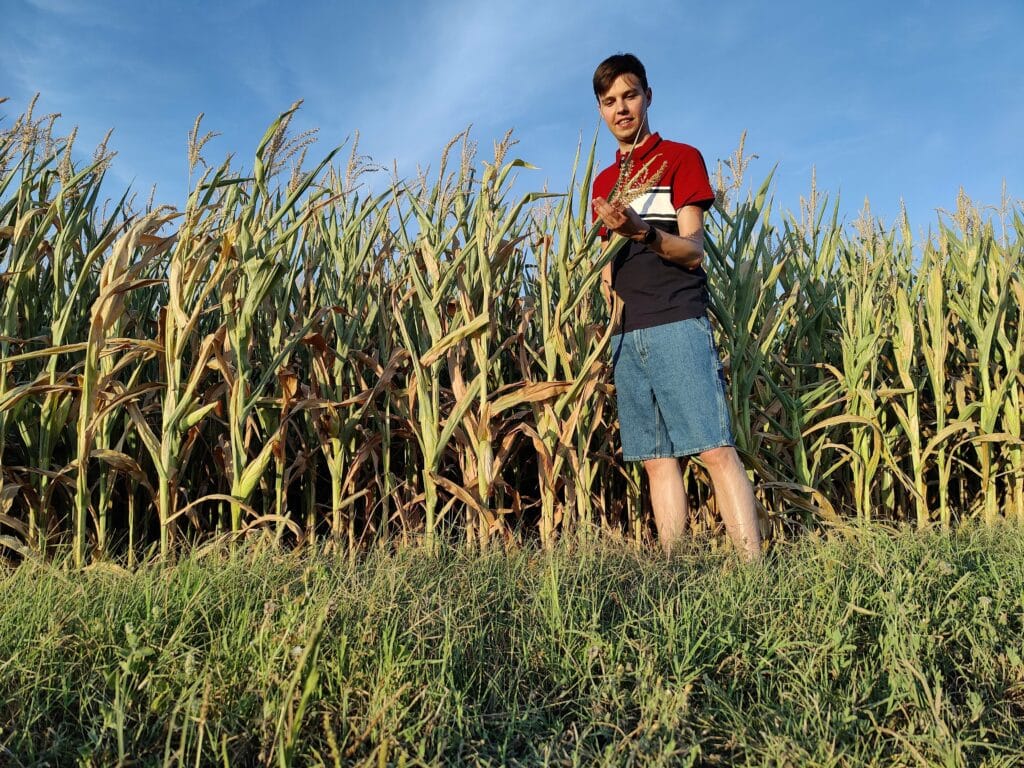
Public-private partnerships
Public-private partnerships ensure know-how and technology transfer and can result in a wide range of useful innovations. Within the seed sector R&D activities take place in different forms, regardless of the company size. In general, SMEs and breeding activities around smaller, orphan, or non-cash crops, rely more strongly on public-private partnerships, compared to large companies. Adequate public research funding, especially also in forms of public-private partnerships, specifically supports SMEs in addressing their respective research needs and gaps. The strength of public-private partnerships is to generate gains through collaboration that may not be realised otherwise. They contribute to deal with barriers and risks for the use, development or commercialisation of technologies or products.
Stakeholder engagement
Cooperation between different actors is also supported through the “multi-actor approach” put forward in Horizon Europe, the EU’s key public funding programme for research and innovation activities. The multi-actor approach helps to ensure that research projects focus on needs and problems that value chain actors, e.g., farmers, food and feed processors and food business operators, are facing, and develop solutions, which are more readily applied in practice. In multi-actor projects, activities are expected to be based on co-innovation between actors with complementary knowledge and expertise during the project from defining the problem to develop the solution, increasing the likelihood that the solution will be adopted in the future.
Agri-food value chain involvement
The traditional, top-down linear model of knowledge transfer is not effective because agri-food value chains involve a wide range of stakeholders and represent a complex network of inputs and outputs that link farm production inputs to end-products. To facilitate research uptake, the plant sector from fundamental research to crop production, distribution, and processing, needs to be involved to increase commitment and expertise from different actors. Communication and cooperation between public institutes and business stakeholders are important to better understand each other’s needs and requirements. Aspects like intellectual property protection and in this context freedom to operate or regulatory aspects that might limit the practical use of products, need to be considered in addition to scientific opportunities and competence only. This helps to create the necessary trust to unify efforts and to co-develop solutions, which are more likely to be applied in practice.
In conclusion, a scientific approach to plant breeding, with high investment in R&D has triggered an unprecedented acceleration of progress in plant productivity. Through participation in EU-funded projects, our sector provides input to the research agenda, engages with many different stakeholders, and creates awareness for the seed sector’s mission and vision.
Read More from the November Issue:


